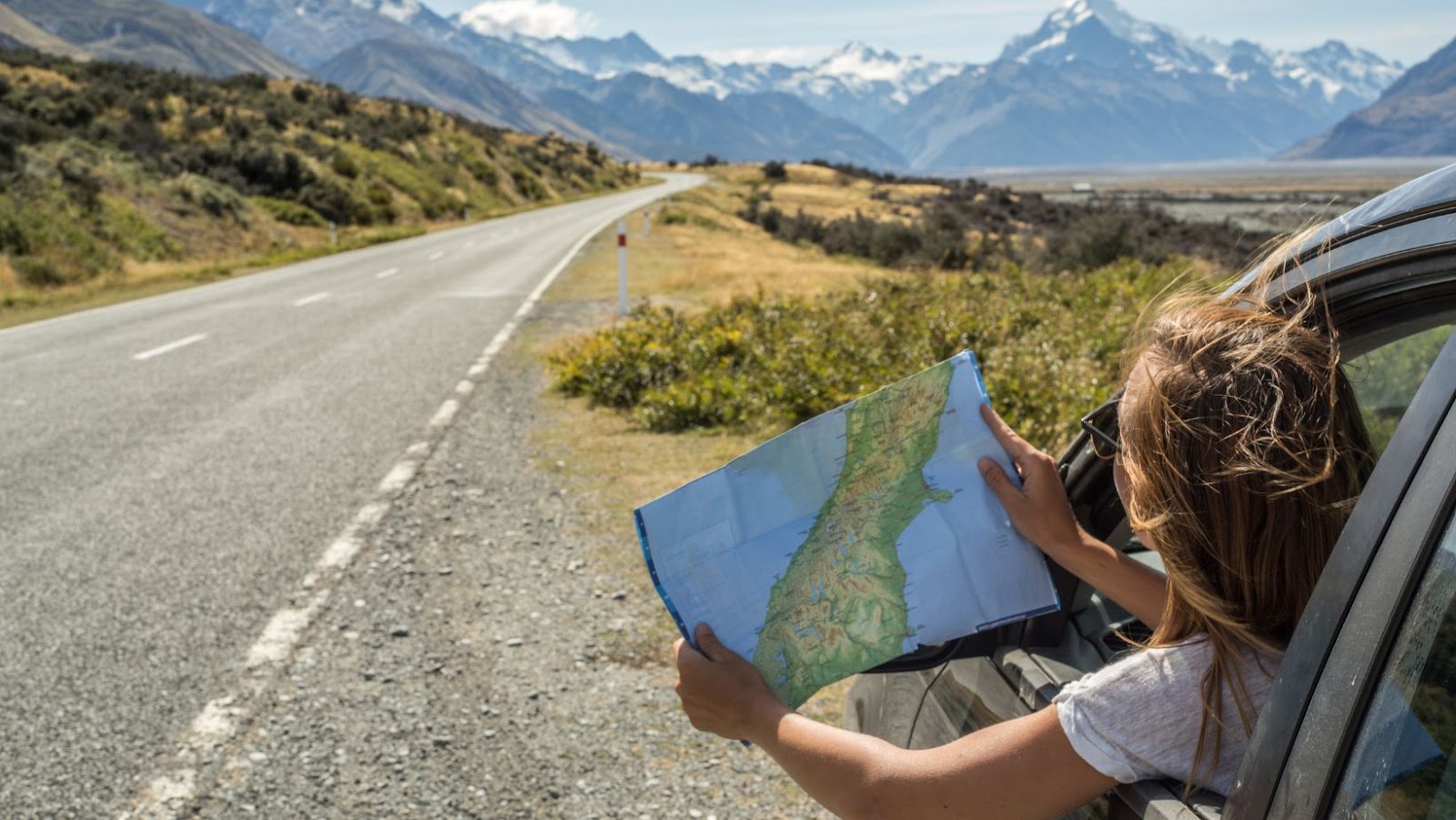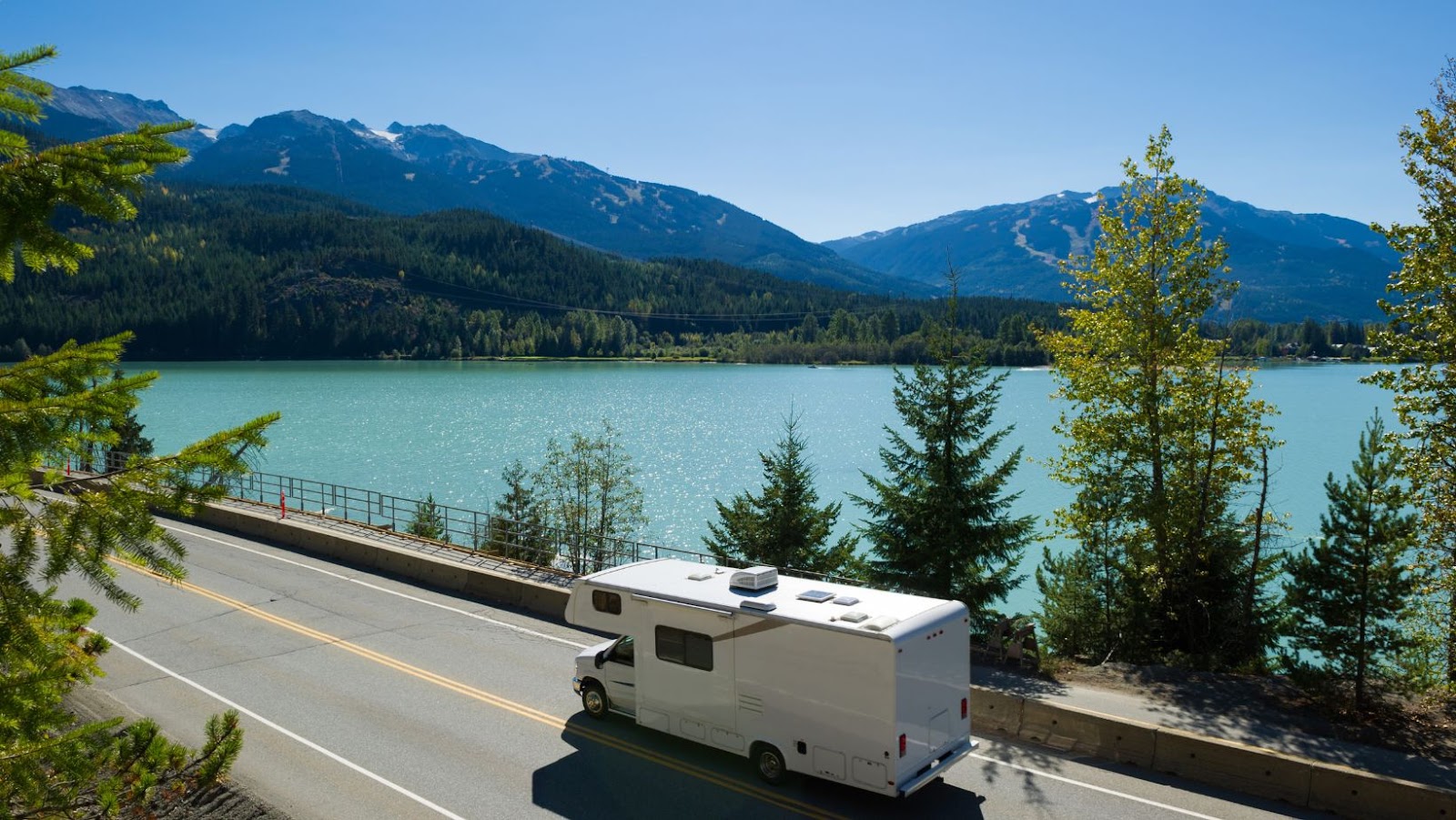One of the staple vacations seen around the world is road trips. As opposed to flying to a destination, road trips offer unique benefits that other vacations don’t. However, there are far more logistics associated with taking a road trip than there are with those other types of vacations. Given this trade-off, many people choose not to go on road trips.
Embarking on a road trip across America is an exhilarating adventure that allows you to explore the vast and diverse landscapes of this beautiful country. However, before hitting the open road, it’s crucial to plan your journey meticulously to ensure a smooth and enjoyable experience.
Learn everything there is to know about the benefits of road trips, along with helpful tips for planning yours so that you can design your next vacation right away.
Benefits of Taking a Road Trip
In looking at whether or not to take a road trip as opposed to a more traditional vacation, it’s important to look at the unique benefits offered by the former. Most notably, road trips allow travelers the following:
- Freedom to stay in one single location for as long as you like
- A flexible travel pace that you dictate
- The ability to save more money on transportation
- Memories for life that come from being put in a car for hours on end with your closest friends or loved ones
- The discovery of hidden gems from around the world that few people have seen
On a yearly basis, nearly 20% of all Americans choose to road trip at least 500 miles away from their home. There are clear benefits to this form of travel, but it’s important to ensure all logistics are taken care of before setting out on your journey.
10 Tips for Planning a Fun and Safe American Road Trip
Proper planning is the key to a successful vacation of any type, not just road trips. Each of the following ten tips can help to ensure that a person and their vehicle are road-ready and properly prepared for whatever may happen:
-
Start by Planning the Route you Wish to Take (Along with Backups)
Naturally, one of the most important aspects of a road trip is knowing where you will actually be going. Months before your road trip ever becomes a reality, you should start planning a potential route that allows you to reach all of your destinations. On top of this, you should plan for potential road closures, traffic, or other factors by creating a backup route as well.
-
Design a Budget for Your Trip that is Broken Down Into Categories
Even though road trips allow travelers to save money, they are not cheap. Short road trips can cost as much as $150 per day, which averages out to around just over $1,000 for a weeklong road trip. This doesn’t even factor in gas. To ensure you have adequate funds for your trip, set a budget broken down into multiple categories before you ever hit the road.
-
Research and Book Activities Well in Advance of Your Trip

Knowing where you want to go is one thing, but actually knowing what you want to do when there is another. Consider researching all the potential activities you can partake in when at your destinations. Book these in advance if possible to receive discounts that come from getting it on the schedule early.
-
Consider the Type of Accommodation you Wish to Stay In
Some people going on a road trip consider taking an RV that also functions as accommodation if they are looking to save money. If an RV isn’t your style, though, you can look at both hotels and vacation rentals for all the destinations you are traveling to. Each has its benefits and drawbacks that should be considered.
-
Book any Flights that You May Need Using Credit Card Reward Points
For those looking to save even more money, using credit card points to book airline tickets to your starting destination or hotel stays can help. This is particularly applicable to those who haven’t redeemed their points in months or even years, as the buildup of points may be enough to cover multiple nights or full transportation.
-
Consider Adding Travel Insurance to Your Trip to Protect Against the Unknown
You never know what’s going to happen before your trip or while you are on your trip. This is why grabbing travel insurance is so important. In addition to this, take the time to protect your items when traveling by putting luggage in accredited storage facilities so that you can explore without worrying about leaving valuables in your car.
-
Download Any Useful Apps for Your Journey

Wherever you may be going, there is a slew of helpful apps ranging from navigation to food suggestions. Getting these onto your phone before you leave can help you save both time and money once you arrive at your destination.
-
Take Care of Preventative Maintenance on Your Vehicle
One of the other most important aspects of taking a road trip is ensuring that your vehicle is properly maintained. The last thing a person needs is their vehicle breaking down in the middle of nowhere, so be sure to visit a mechanic prior, such as this one offering Auto Repair lakewood, to your trip so that you can drive confidently.
-
Pack an Emergency Kit Into Your Car
In the event of an unfortunate emergency, all drivers should have an emergency kit in the back of their car. This kit should include water, non-perishable food, an emergency blanket, flares, and anything else applicable to short-term survival.
-
Decide What Your Goal is When Visiting Each New Location
Finally, all those going on a road trip need to determine what their goal actually is when they visit each location. For example, consider whether or not you are looking to partake in leisure-based activities or something more active. This will also help to determine the activities you purchase along with the route you take.
Explore the United States like Never Before
Road trips offer a unique way to see new sites around the world in one single vacation. However, the logistics that come with planning a road trip can soon become overwhelming, which is why it’s best to start planning your trip months in advance. Use some of the above tips to guarantee that you are ready to travel to wherever you want in the country.


 By
By 





